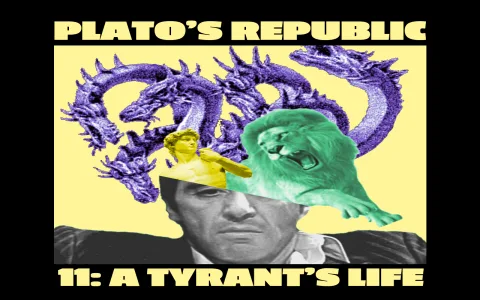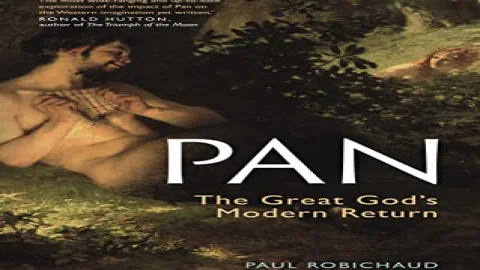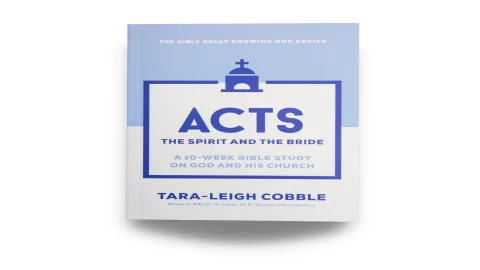I’ve always been fascinated by ancient cultures, so when I stumbled upon some wild similarities between Mayan and Aztec gods during my Mexico trip last year, I knew I had to dig deeper. Grabbed my trusty notebook and started connecting dots in my tiny Airbnb kitchen.
My First Clumsy Attempts
Started by scribbling down names like crazy – Quetzalcoatl for Aztecs, Kukulkan for Maya. Weird how both were feathered serpent gods, right? Dug through library books until my eyes crossed, even annoyed a local tour guide with nonstop questions after he caught me sketching temple carvings. Totally hit dead ends when sources contradicted each other.
The Messy Comparison Phase
Made sticky note grids on my wall comparing traits:
- Creator gods: Both had that “old couple” duo creating humans
- Death deities: Mictlantecuhtli (Aztec) vs Ah Puch (Maya) chilling in underworlds
- Warrior spirits: Huitzilopochtli and Tohil demanding blood sacrifices
Spilled coffee all over my notes when realizing how their calendars aligned too – same cyclical time concepts driving rituals. Felt like seeing double!

The Village Breakthrough
Everything clicked during a conversation with this abuela selling tortillas near Teotihuacan. She casually mentioned her grandma’s stories about “gods traveling with people.” Bingo! Started seeing migration patterns like puzzle pieces – how Toltec influences spread as groups moved. The gods weren’t just similar, they evolved together as cultures mixed through trade and conquest!
Putting It All Together
Here’s the messy truth I pieced together:
- Shared Roots: Not “copied” gods but branches from same ancient trunk
- Adaptation Game: Aztecs rebranded Maya gods for their empire, like giving deities fiercer makeovers
- Human Stuff: Both connected farming and warfare to divine cycles – when you rely on corn and battles, your gods reflect that
Still got tons to explore (why’s Chaac and Tlaloc look like twins?), but man, realizing how cultures weave together through their gods? That’s magic no textbook ever showed me.








